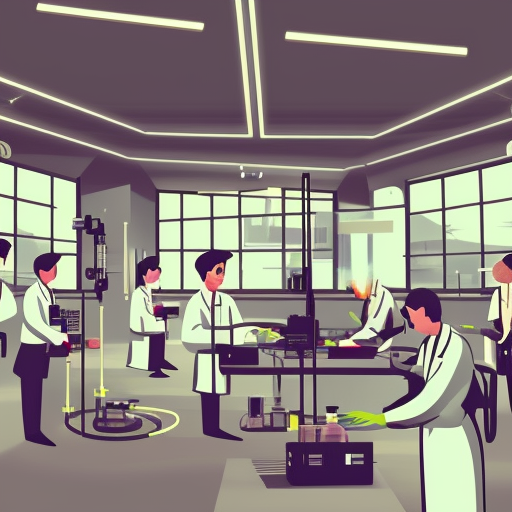
The Standard Model of particle physics describes the fundamental particles and forces that make up the universe. It has been highly successful in predicting and explaining various phenomena in particle physics. However, there are still unresolved questions and limitations within the Standard Model, such as the nature of dark matter, the origin of neutrino masses, and the unification of forces. The discovery of new subatomic particles could potentially provide insights into these mysteries and extend our current understanding of particle physics.
Will a new subatomic particle be experimentally confirmed to exist before January 1st, 2040?
Resolution criteria:
This question will resolve to "YES" if, before January 1st, 2040, a new subatomic particle is publicly and credibly documented to have been experimentally confirmed, as evidenced by:
The particle's experimental detection and identification, using techniques such as high-energy particle collisions, precision measurements, or neutrino experiments, in one or more reputable particle physics facilities (e.g., CERN, Fermilab, or other accelerator-based or non-accelerator-based experiments).
The particle's properties, such as mass, charge, spin, or decay modes, being consistent with a previously undiscovered particle and not attributable to known particles or experimental artifacts.
A successful demonstration must be accompanied by:
A publicly accessible report or documentation describing the experimental confirmation of the new subatomic particle, its properties, the experimental techniques used, and its potential implications for particle physics.
Independent validation of the results by at least two separate entities with expertise in particle physics or related fields. These entities can be research groups, institutions, or companies.
The publication of the findings in one or more peer-reviewed scientific journals, detailing the experimental confirmation, properties, and potential implications of the new subatomic particle.
Evidence of a consensus within the particle physics community that the experimental results are consistent with the existence of a previously undiscovered subatomic particle, as demonstrated by citations, conference presentations, or other forms of professional recognition.
I will use my discretion when resolving this question, possibly in consultation with experts.
@MatthewBarnett only fundamental particles? Or would composite particles made out of previously-known particles, or newly demonstrated excited states of existing composite particles count?